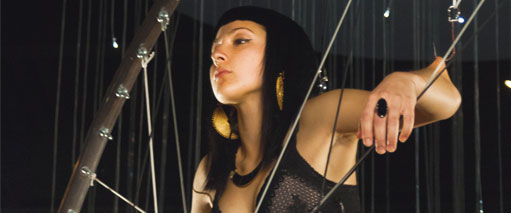Hooking Up With Ascension Suspension


Ascension performer Saskia Sharp
Latest Article|September 3, 2020|Free
::Making Grown Men Cry Since 1992


Ascension performer Saskia Sharp


